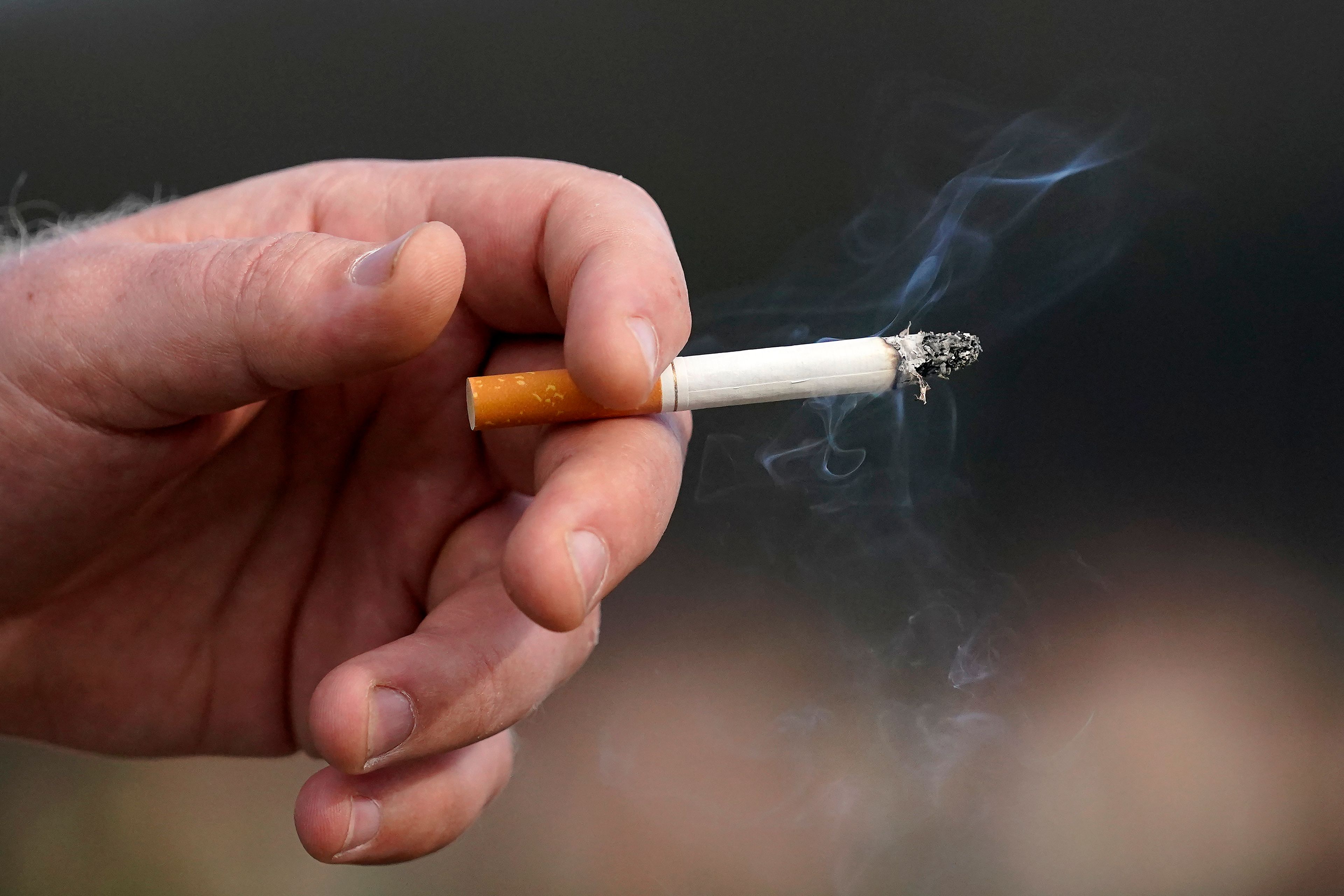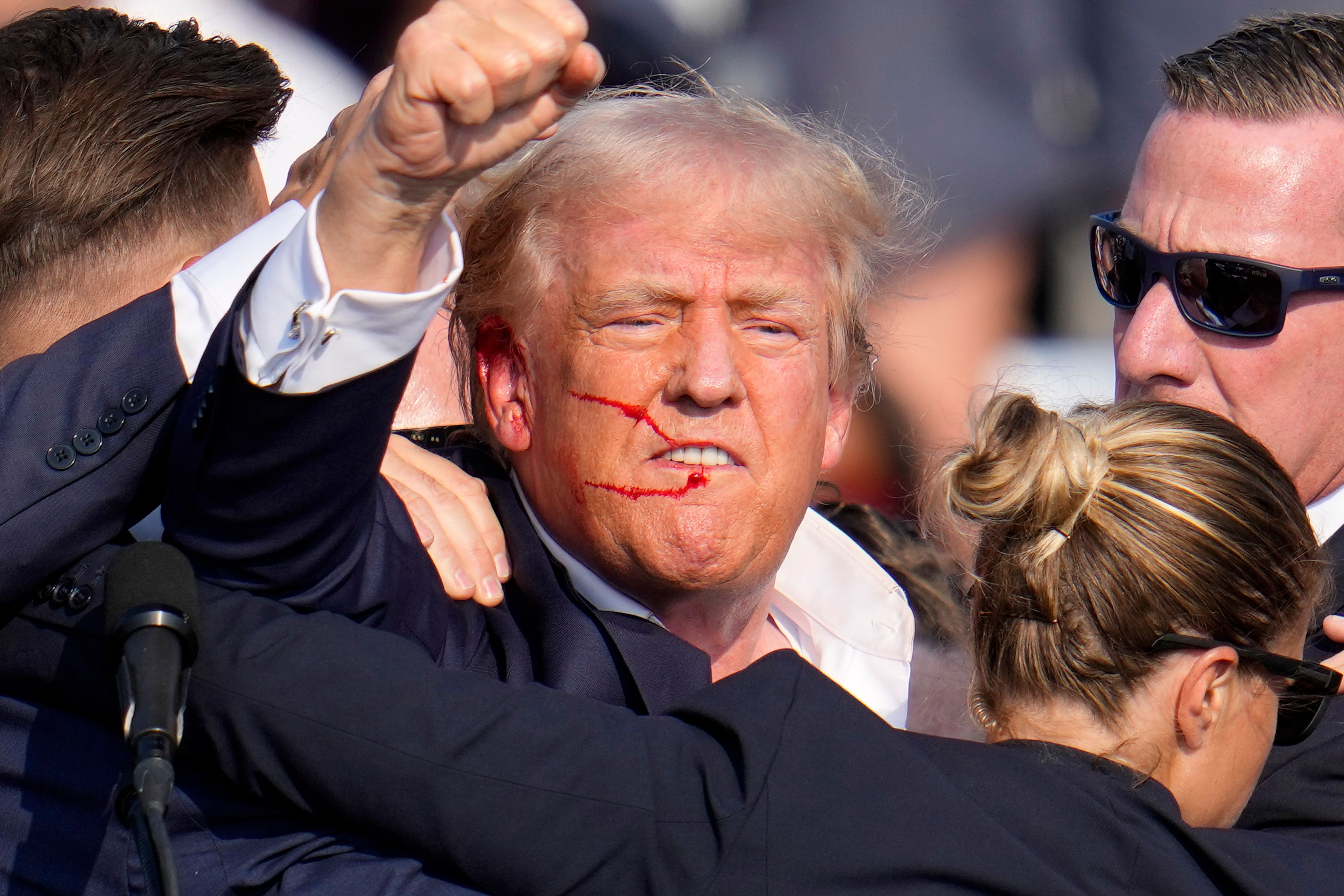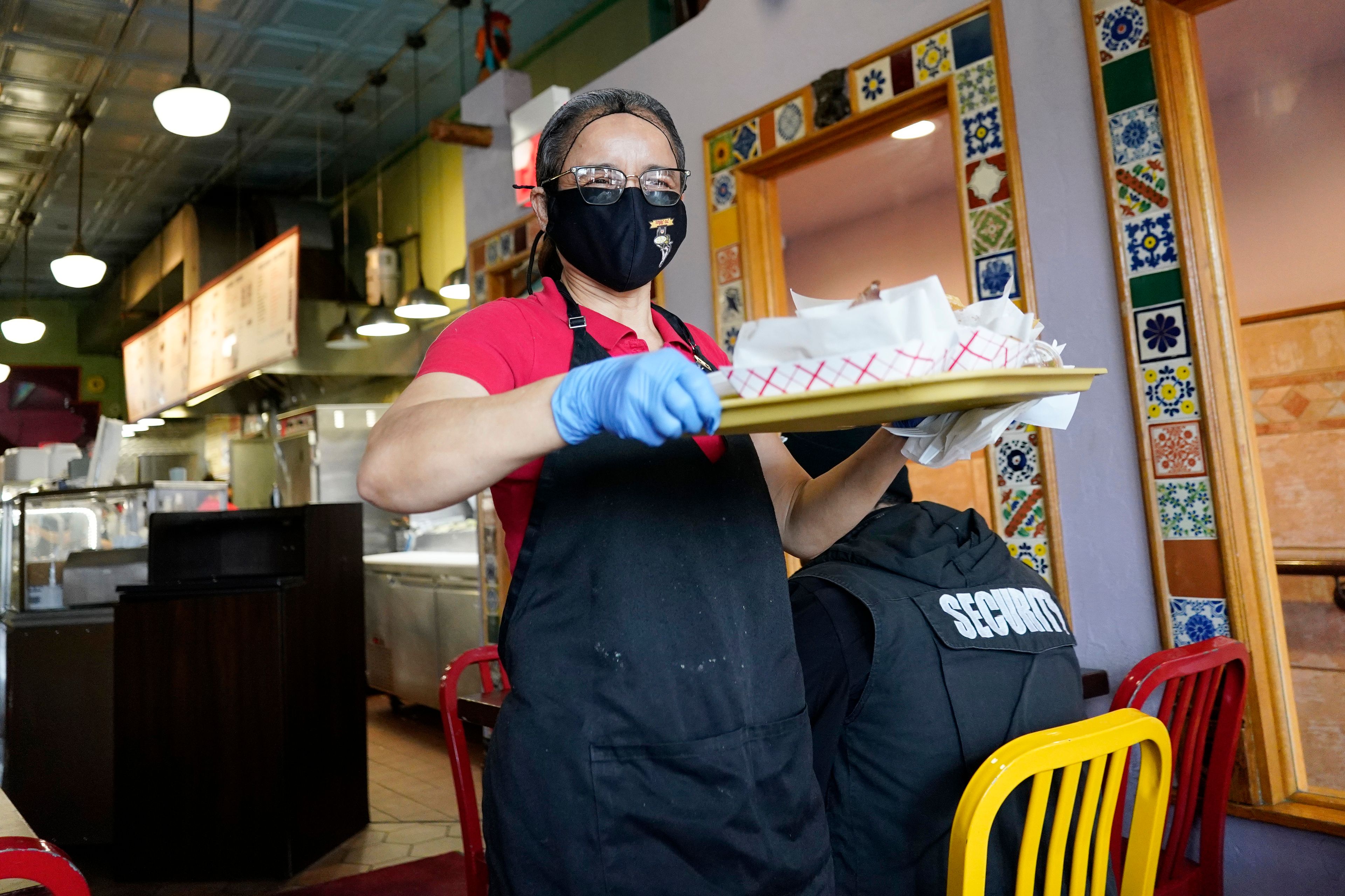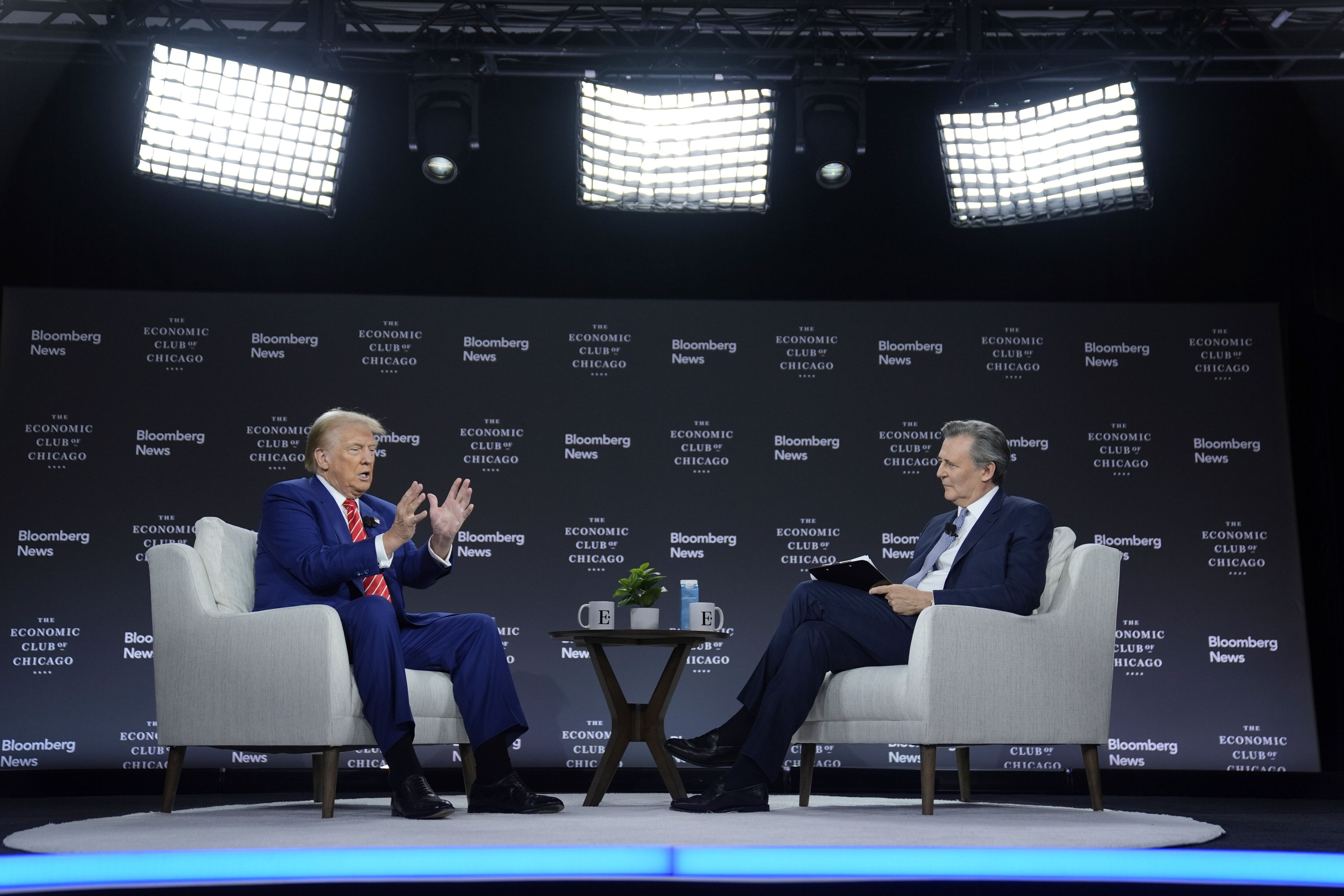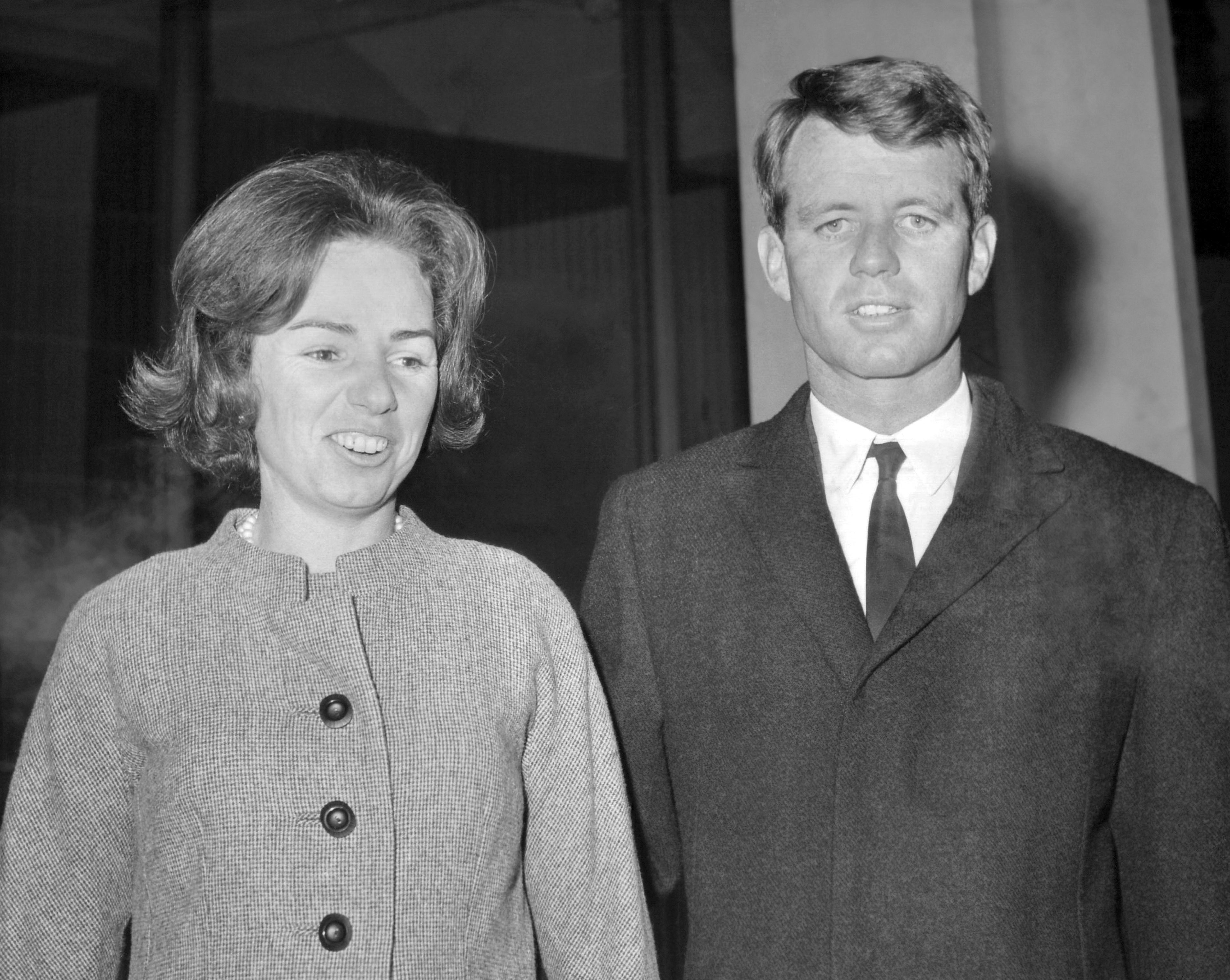Constant companions
Binx the Bichon Frise, is not only Russ's best buddy, he helps him find solace
This column originally was published in the Tribune on April 28, 2003.
---
Binx Poo Yay, a pedigreed Bichon Frise, ("BEE-shawn free-ZAY") is Russ's dog. Russ has lived a long, full life in spite of having cerebral palsy since he was a few days old.
When Russ wants to do or say something, the signals his brain sends to his muscles somehow get mixed up. His arms and legs as well as his voice don't do what he wants them to do.
He has learned to answer questions by looking up to say "yes" and down to say "no." As his parents and I sat together with Russ planning this article, however, Russ said a lot more than just "yes" and "no."
A wide array of emotions and thoughts continually played across his eyes and face in response to the questions I asked and the things his parents told me about him, his sisters, nieces and nephews, and the all things he has done in his life.
Russ attended public schools, participated in extracurricular activities and made many close friends. He and his dad watch sports on TV and he has become a big fan of the Utah Jazz professional basketball team. His parents took him, in his wheelchair, on a hike up to the top of Swallow's Nest Rock to see the view, and they have taken him for rides on horses, pigs, a four-wheeler and even an elephant. And Russ loves to go with his folks into town, and just hang out and watch the chicks.
They had a dog named Lupi when Russ was younger. Russ showed Lupi in dog shows and she even won prizes for her tricks, but they never really bonded with each other. After Lupi was gone, they were not sure another dog was a good idea.
Then Russ's mom saw a Bichon Frise at a dog show - a small, soft furry white dog that seemed friendly and personable. She began watching the local papers and one day she found some Bichon Frise puppies for sale. They took Russ to see them, and it seemed like a good fit.
Binx was a typical puppy, very rambunctious, and inclined to crawl all over children of all ages, licking their faces and trying to encourage play behavior. This could have been a problem with Russ, because his tracheostomy is a great risk for lung infections. And Russ can't "defend" himself against the innocent antics of a puppy. But one day Binx hopped up on a nearby stool, then into Russ's lap. He seemed to know instinctively to be careful. Instead of his usual roughhouse play, he settled down and quietly relaxed, with his chin on Russ's knee.
Ever since that day, Binx has been Russ's dog. His caregiver during the day also feeds Binx, but she does it under Russ's direction. She asks Russ when it is time, and how much to feed. She asks Russ when Binx needs to go outside, and Russ sits by the window and watches Binx in the yard.
His dad told me that Russ sometimes gets nervous and agitated. I suppose Russ must have all the hopes, worries, and fears (probably more) we all have. He surely wonders about things that may or may not happen tomorrow, next week or next year. I think Binx helps Russ deal with this anxiety in a way that even his exceptional family can't. A warm, breathing pet choosing to sit quietly in your lap, perfectly happy and contented just to be there with you and feel your touch, provides a mysterious, profound solace that is available nowhere else.
UPDATE: I talked to Russ's parents last week. Binx is 8 years old now and he and Russ are still best friends.
---
Roen is a retired Clarkston veterinarian whose columns were published weekly in the Lewiston Tribune for more than 30 years. He may be contacted at jazzvet@cableone.net.





